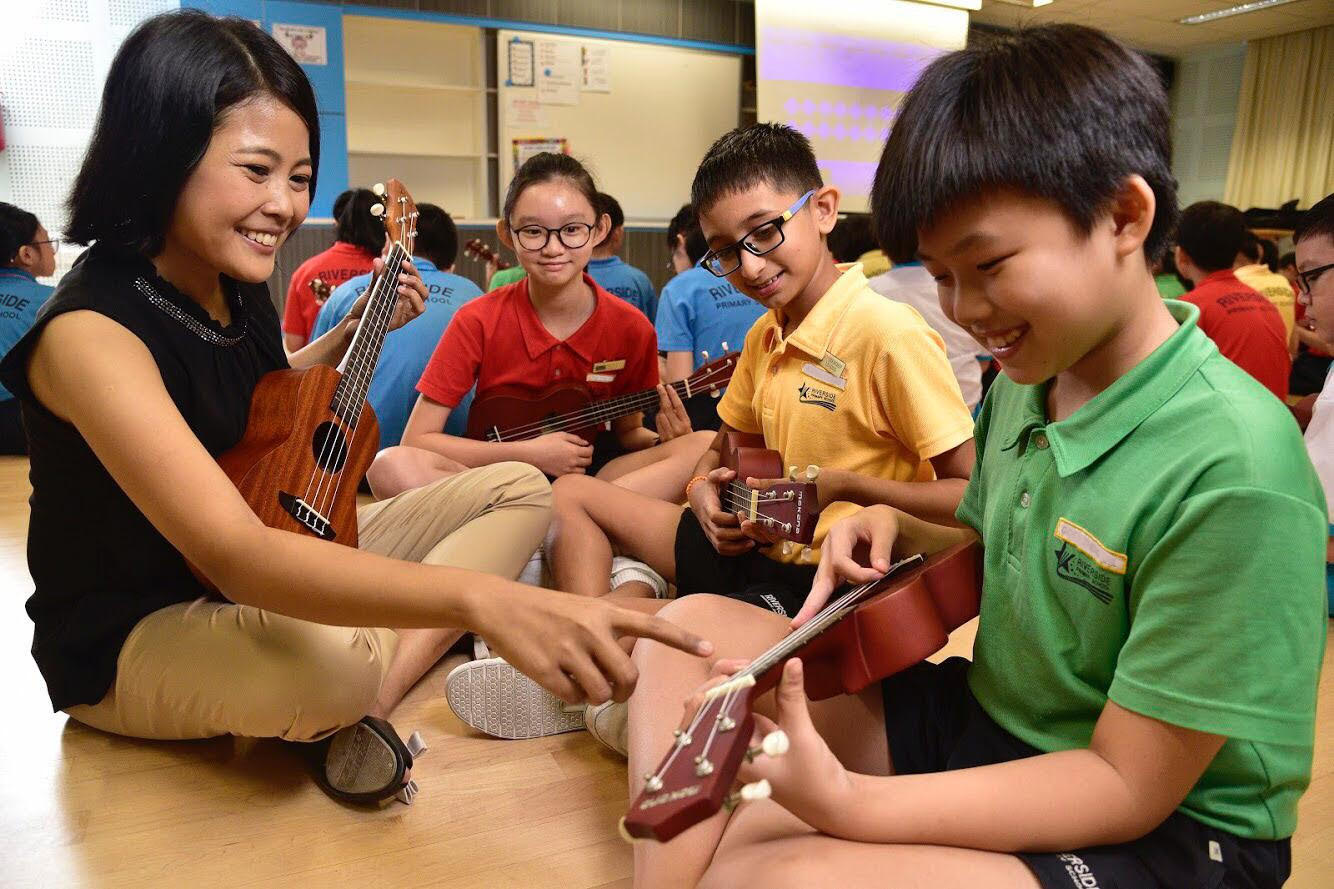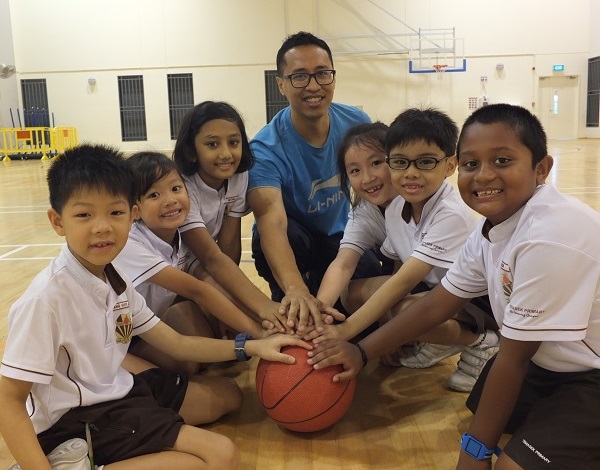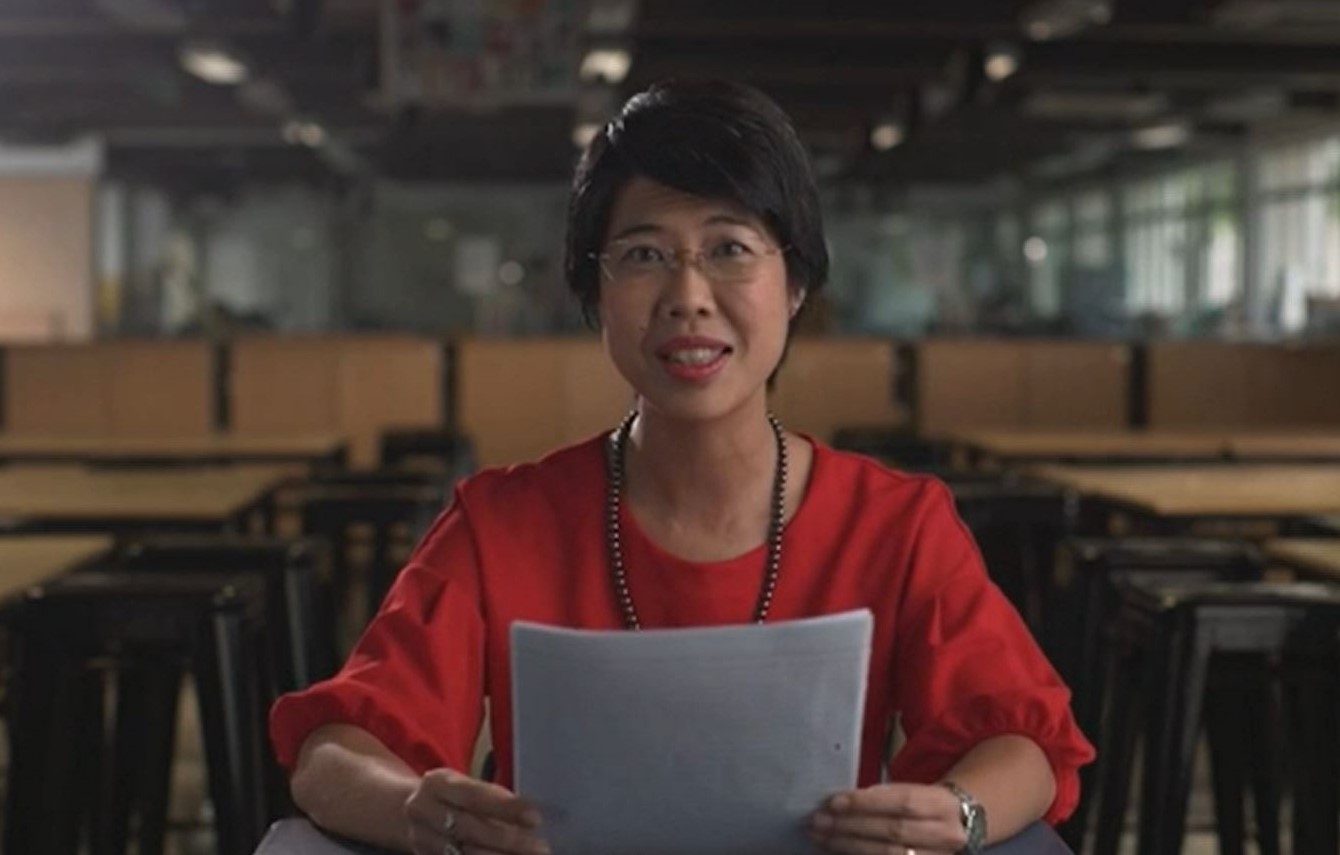Ameerah Sharainee Zain Binti Sha Aril Zain, Riverside Primary School, Outstanding Youth in Education Award 2020 finalist
The Power of Music
I believe that music-makers have a special power — to reach out to people no matter who they are. I saw this in action during a trip to Vietnam with my students. We were visiting a local school. There was a break in the timetable, and everyone was getting restless and fidgety. On the spur of the moment, I grabbed the microphone and through simple words and gestures, I told the school, “Form a circle!”
My students, being familiar with my musical routines, immediately knew that they were going to be engaged in a music-making session. Using hand gestures, they encouraged the Vietnamese students to follow along. I started to teach the song, “Head and shoulders, knees and toes.”
Within minutes, the whole assembly area which was previously filled with chatter, transformed into a stage with everyone, including teachers, singing and performing in unison. We might not speak the same language, but at that point, it did not matter. I felt proud to be a music teacher as I was able to bring people together with music.
I want my students to have this power — so I ensure that the music curriculum I put together allows every student to make music in some form.
Make it Fun
When I joined Riverside Primary, it was still a relatively new school. There was no music curriculum in place for the Primary 5s and 6s as the school had only four cohorts of students. The music curriculum for Primary 1s to 4s was in its beginning stages. I was lucky to have an almost clean slate to put my ideas to work.
I envisioned a curriculum that ensures that at the end of Primary 6, each Riverian would graduate with the experience of performing, creating and appreciating different forms of music with a solid understanding of musical elements and concepts.
But first, I wanted to make music a fun experience from an early age, so they would continue to take pleasure in learning music all their life. So for the lower primary students, I play lots of singing games during the lesson. They also learn to play different instruments in group ensembles. All these enlivened the music lessons.
For the middle and upper primary students, I wanted every child to learn to play a variety of instruments and get the chance to perform. The Primary 3 students learnt to play the recorder with a twist. I made their recorder- playing experience more enjoyable by choosing upbeat songs. I also arranged for the music teachers to use ICT to play backing tracks to the students’ recorder performances. While the Primary 4 students learnt the keyboard, Primary 5 students learnt the ukulele, and they had opportunities to perform in group ensembles. To apply what they have learnt, the Primary 6 students created music with many layers using GarageBand — a digital audio work-station.
Getting Creative
I started playing the piano and the electronic organ from the age of four. I learnt classical music in a formal way, where musical concepts were explained or described. With my students, I use a student-centric approach through which they experience musical concepts and apply what they have learnt through music improvisation and creation. For instance, to teach students about high and low pitches, we played a hand-clapping game — upon hearing a high, medium or low note, they high-fived their friends at different heights. They then came up with actions and played musical instruments to show their understanding of high and low pitches.
I also like to get students to move to the music. To introduce my Primary 1 class to classical music, I gave them scarves, which they waved in keeping with the phrases and melodic contours of the music. This way, they built musical awareness before getting into theoretical details that they may be bored by.
To encourage older students to express their musical ideas, I use a non-formal approach to teach music composition. As a class, they decided on the theme of the song that they would create. Together, we brainstormed the use of words and crafted the lyrics by building sentences. I then guided the students to set the lyrics to a melody through improvisation based on a musical scale.
More than Music
My students’ love for music and their confidence is evident in various shows that take place in school through the year. Three to four times a term, we have Music Jam sessions, which take place on a Wednesday after school. This is a student-led endeavour. Students decide on their groups of performers and the items they want to put up. They approach their music teachers for permission and put up a show.
Music Jam started in 2016 and it has changed over the years. Initially, it was conducted for a particular class during recess. But now that it is conducted after school, the audience has grown to encompass students from the different levels. In fact, the success of Music Jam has led to Riverside Sparkles, which is now a signature programme in the school. This takes place on Teachers’ Day and features groups of students performing an item of their choice to the whole school. Much like Music Jam, students take the initiative to form groups and go through auditions. Teachers vote for the best performances on the day.
We also have music performances on Open House, National Day and the Primary 6 Graduation Ceremony. All these have enabled students to develop skills for teamwork, decision-making and problem-solving, which are useful not just in music but for all subjects and in all aspects of life.
Music for the Heart
I strongly believe that education is not just about educating the mind but also the heart. I want to teach my students the values needed to be a better person. In this sphere, too, music is a great teacher of teamwork, responsibility and kindness.
When my lower primary students learnt various folk dances in the Programme for Active Learning, I taught them, through dance, to learn to respect people’s personal space. They developed spatial awareness and they learnt not to encroach on others. For older students, I asked those who had mastered the musical concept or skills to help those who were still trying to pick it up. Students examined the challenges of their fellow students and suggested solutions, even simplifying the steps for their friends.
Little Gestures
My journey as a teacher has had its share of ups and downs. Being given the opportunity to specialise in music in 2012 changed my life. It made me appreciate the journey of education — and not to just focus on the end-result. Every day, I take pleasure in the little gestures — a ‘thank you’ from my smiling students, seeing my students slowly grow in confidence and competence during my music lessons. Such things remind me of why I wanted to be a teacher: To impact the lives of my students by spreading the joy of learning and teaching them values to be a better person.





.jpg)
